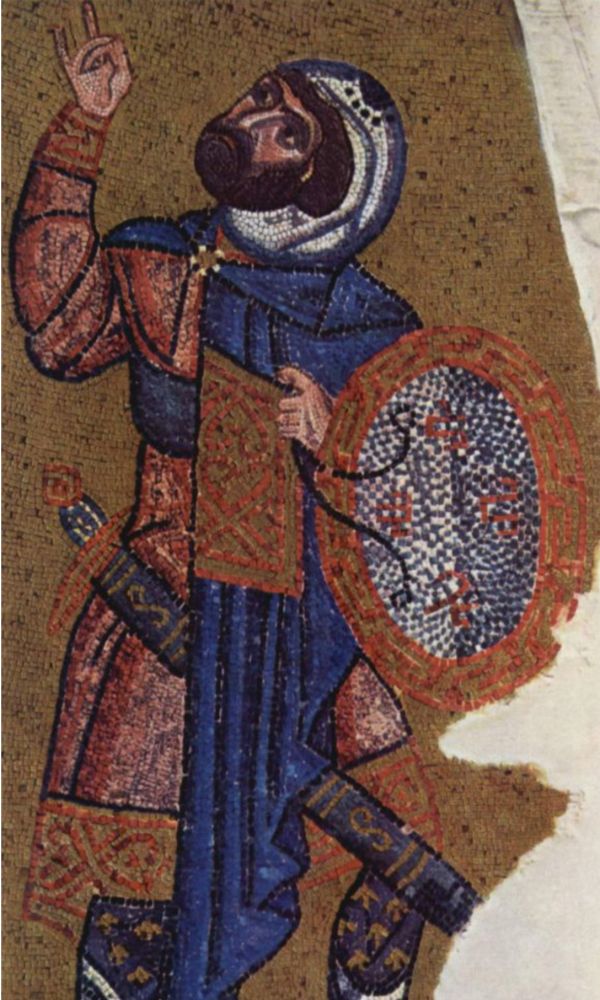Blood and Water: Salvation of life given and life imparted
(Jn 19:31-37)
The cruel departure of the Lord is not an end: it inaugurates the new life, albeit amidst gruesome signs of true death.
The Crucified One «saves»: communicates a «life as saved people».
He makes us 'pass' from one world to another: only in this sense does the old Easter coincide with the new.
Its is a Liberation and Redemption that proceeds far beyond the ritual promises of propitiatory sacrifices, and the religion of purifications.
The Blood of Christ is here a figure of the ultimate Gift of Love.
It comes from within and grows from within: it is no longer sprinkled externally on the people.
Divine Life is a circulation of intimate Lymph, albeit with traits of rawness.
Substance that sometimes has to be gobbled up in one go. And then be there, in that vigour.
Even the Water from the same pierced side to draw upon, is that which is assimilated and makes grow.
Not that which cleanses outside, and flows away.
Such sovereign Friendship, given and accepted, conquers all forms of death.
It makes the soul soar, because it offers a double principle of indestructible existence: welcoming an ever-new proposal, and growth offered from wave to wave.
Thus the Jewish feast of deliverance is replaced by the Christian Passover - and the signs of the essential Sacraments [born from the sacrifice of communion and thanksgiving Zebah Todah and the rites of immersion, in the Spirit].
In the body of Jesus and in that of the men crucified at his side, Jn sees the brotherhood of the Son with mankind, also made a divine Sanctuary.
When Jesus is dead, we too can follow him [evildoers whose legs are broken] because no one can take the life of the Risen One, even if he tries to do so to those unfortunate with Him.
In fact, the 'piercing' to the Body of Christ continues even after his death on the Cross (v.34): the hostility towards him will not subside, indeed it wants to annihilate him forever.
But from its torn Body [the authentic Church] will continue to gush forth dizzying Love and finally the joy of a festive banquet, as promised since the wedding in Cana.
The testimony of the evangelist becomes the solemn foundation of the Faith of future disciples.
And the personal Faith will supplant the yoke of religion that has already been made.
In this way the author invites each of us to write our own Gospel (Jn 20:30-31. 21:25).
This, in the experience of paradoxes - and of God's 'salvation', which has reached us precisely from our sins or uncertain situations.
The future disciples are proclaimed Blessed (Jn 20:29) precisely because they «did not see» that spectacle with their eyes.
They recognised it in themselves nevertheless, and in their own going the Way - experiencing in their own weaknesses the place of mercy, of redemption, of newness, of reversal.
Precisely in the unexpected, we will grasp the invitation of the inner world, and we will rise to the occasion.
[Most Sacred Heart of Jesus (year B), 7 June 2024]












